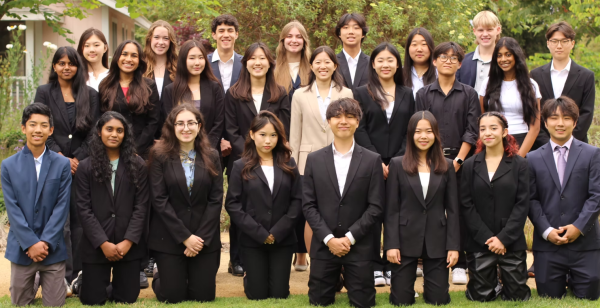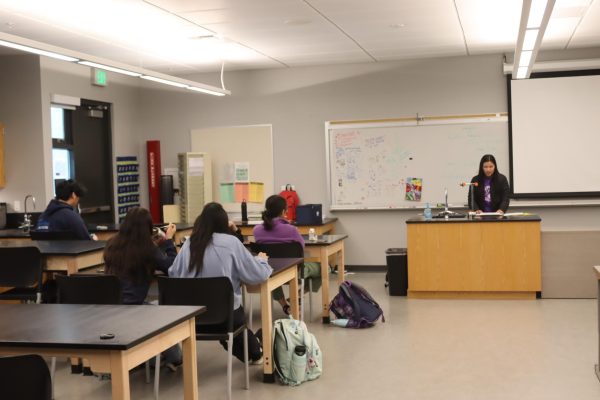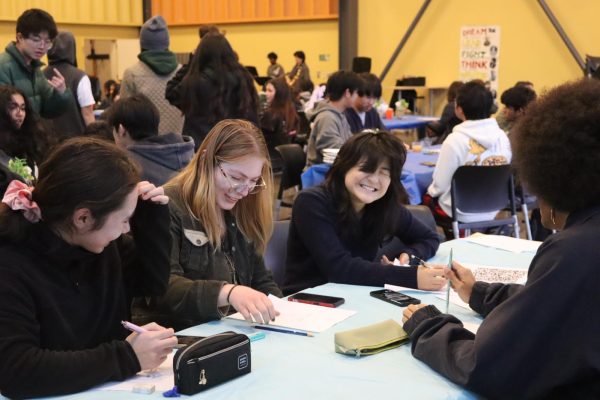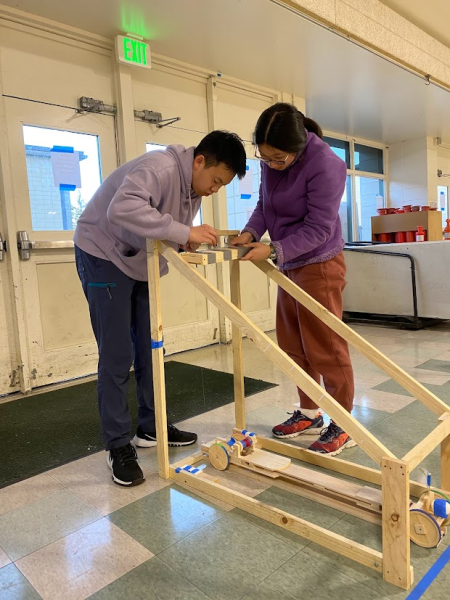Adapting to a new type of summer vacation
Students, alumni share thoughts on unconventional summer
COVID-19 has caused many students to completely change their initial summer plans. To adapt to the situation at hand, several programs popular with high school students have shifted online.
Sophomore Brevin Reed said in a Zoom interview that working with the adjustments was harder than anticipated. He originally planned to participate in a pre-college program at Brandeis University and attend two summer camps, one at Stanford University and another at his previous middle school. Unfortunately, Stanford canceled their camp, and the rest will be held online.
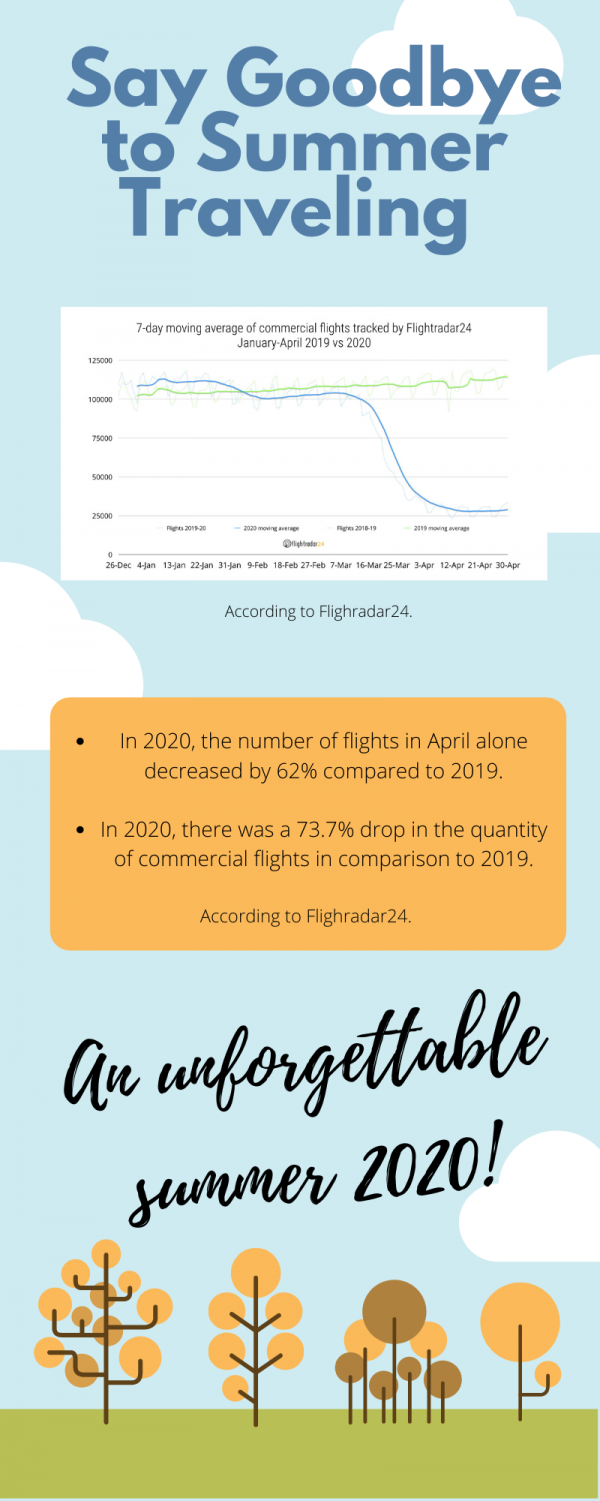
“I was devastated because it was really heartbreaking,” Reed said. “I really was excited to do all those things.”
On the other hand, sophomore Tamar Boimann said in a Zoom interview that in these unusual times, you have to look at the bright side and adapt to new circumstances.
“Of course I would very much prefer to have my initial plans, but you’ve got to adjust and work with [the situation],” Boimann said.
Communicating with people using technology is less motivating and just isn’t the same as [working] in person, Reed said. “I found that it’s a lot harder to connect with people online. When I’m in person with people, I kind of relate to the energy around me,” Reed said.
While it’s important to spend time with friends and family, carving out time for your own mental health is just as crucial, according to the CDC.
“I think it’s important that everyone keeps their sanity during these times because it is really hard,” outgoing HHS senior Kannan Karthik said in a Zoom interview.
Graduated seniors like Karthik looked forward to spending the summer with family before they take the next step in their new journey as adults, he said.
“[It hurts not] being able to see my grandparents in India, which would have really been a cool experience before going off to college,” Karthik said. “But in the end, you have to do what’s safe for your community and the people that are important to you.”
Colleges are individually deciding how to accommodate students to try to normalize the learning experience as much as possible. According to the Chronicle of Higher Education, 65% of colleges have plans to hold in-person lectures.
“I was kind of scared that college[s] would be closed,” Karthik said. “But most of the colleges are actually doing a good job in terms of opening up the campuses for the fall.”
Even if universities may not look similar to previous years, it is still a special experience, Karthik said.
“It may just be a little different, but I’m still looking forward to it because college is college, and it’s better than staying at home,” Karthik said.
As devastating as the cancellations may seem, opportunities such as pre college programs can get expensive and in some ways are actually more feasible online, Reed said.
“It costs a lot to get a plane ticket and to stay and live in Boston [for the pre college program], so it was kind of a relief financially because now I don’t have to pay to fly there and live there for a week,” Reed said.
Furthermore, Boimann said overcoming challenges like living in close quarters with her family for three months straight has taught her important life lessons, such as gratitude.
“When doing in-person … [activities], I’ve learned to appreciate them and appreciate all the things that I’ve had,” Boimann said.
Now a senior, Karuna is so excited to return once again to the paper, this year as the Managing Editor. She hopes to help staff members express themselves...
Lia is a senior and she is excited to be entering her third year in The Epitaph. As the Senior Lifestyles section editor, she sheds light on the life experiences...



